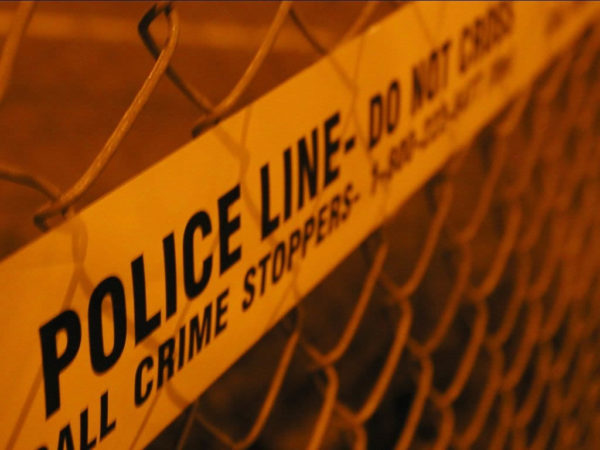 It’s been more than five years now since a 16-year-old student at Red Lake High School in Minnesota shot and killed his grandfather and the grandfather’s girlfriend. He then took the grandfather’s police-issue weapons and squad car to his school, where he…
It’s been more than five years now since a 16-year-old student at Red Lake High School in Minnesota shot and killed his grandfather and the grandfather’s girlfriend. He then took the grandfather’s police-issue weapons and squad car to his school, where he…
It’s been more than five years now since a 16-year-old student at Red Lake High School in Minnesota shot and killed his grandfather and the grandfather’s girlfriend. He then took the grandfather’s police-issue weapons and squad car to his school, where he killed five students, one teacher, and an unarmed security guard before taking his own life. It still stands as one of the nation’s deadliest school shootings.
But today, the school on the Red Lake Indian Reservation is a much happier place. The district has received more than $2 million in school improvement grants—funds that are being used to develop staff and new curriculum with the idea of increasing student test scores and graduation rates.
And there has been a major effort to help prevent any more killings on the high school campus. Red Lake High now has a network of more than 200 surveillance cameras that are being monitored throughout the school day.
I hope they also added a phone and internet hotline to allow students, teachers and parents to report what they hear from potential gunmen. Typically these killers share at least part of their plans with others.
In any case, it is great to see this campus recovering from such a traumatic event.
 Patrick V. Fiel Sr. is public safety advisor for ADT Security Services and a former executive director of school security for Washington, D.C. Public School System. He also served 22 years in the Army Military Police Corps, where his responsibilities included day-to-day security operations at the West Point Military Academy. During his time with ADT, Fiel has conducted more than 100 television, radio, newspaper, and magazine interviews as a public and school safety expert.
Patrick V. Fiel Sr. is public safety advisor for ADT Security Services and a former executive director of school security for Washington, D.C. Public School System. He also served 22 years in the Army Military Police Corps, where his responsibilities included day-to-day security operations at the West Point Military Academy. During his time with ADT, Fiel has conducted more than 100 television, radio, newspaper, and magazine interviews as a public and school safety expert.
Follow Patrick Fiel on Twitter.
- 4 ways to support work-based learning - April 23, 2024
- Prioritizing inclusivity in game-based learning - April 22, 2024
- Friday 5: Universal Design for Learning - April 19, 2024


